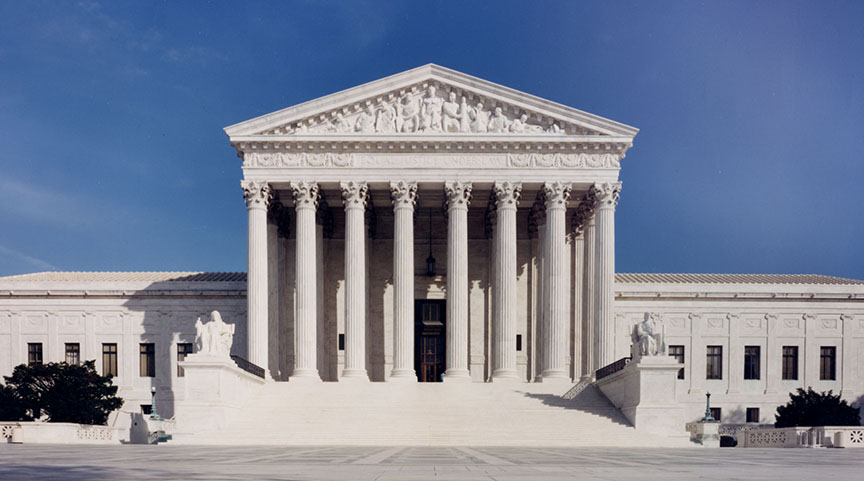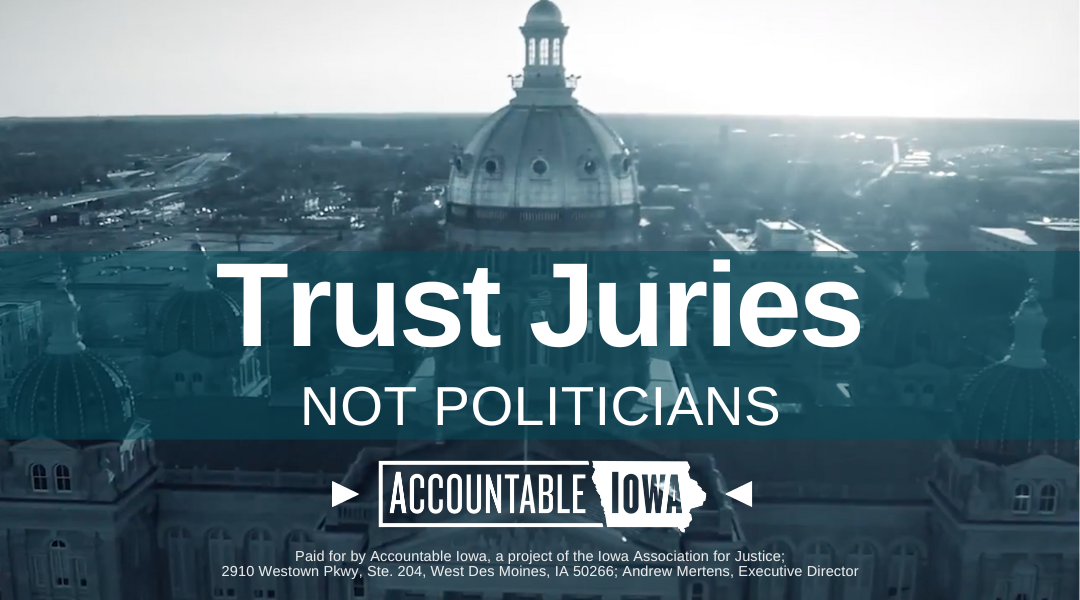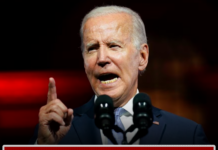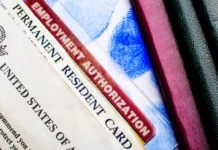By Nathan Maxwell
Should the government control which reporters are allowed to gather and publish news? Of course not – but the state of Washington does. State law provides that only corporate media outlets may access certain public records. In late October, the Institute for Free Speech petitioned the U.S. Supreme Court to hear a case revolving around this issue, Brian Green v. Pierce County, and reject the state’s selective adherence to the First Amendment.
In December 2017, investigative journalist Brian Green requested public records relating to a police interaction he’d experienced three years prior. The Public Disclosure Unit of the Pierce County Sheriff’s Office produced some material but declined to provide the requested photographs or birth dates of relevant personnel. County officials justified denying the records to Green, a citizen journalist unaffiliated with a corporate media outlet, under a state law that restricts access to that information unless one qualifies as “news media.” Green explained that he was working on a local news story for his YouTube channel “Libertys Champion.” The Sheriff’s Office still refused to fulfill his request, and Green sued the county.
Pierce County argued that only corporate media entities are “news media” under the law. A trial court ruled that the statute covers Green and his YouTube channel, but the Washington Supreme Court disagreed and reversed, holding that only organized corporate entities qualified. This reading of the law rendered it unconstitutional – the First Amendment forbids the state from favoring corporate press over citizen journalists. But employing perfectly circular reasoning, the state’s high court found that First Amendment rights were not at stake because, under the law, Green didn’t count as “news media.” “[T]here are no freedom of the press implications if there is no news media,” the majority wrote.
You read that correctly. Washington’s Supreme Court determined that a statute that limits who may enjoy press rights does not implicate press rights. The results of that logic are frightening. Imagine a court holding that a law that defines who is a “speaker” doesn’t touch free speech.
The United States Supreme Court should again clarify the fundamental issue at stake: the First Amendment guarantees the freedom of the press to everyone.
By giving special treatment to corporate media, the Washington Supreme Court “effectively tiered access to First Amendment rights: one level of access for officially sanctioned ‘press,’ and another level, of limited or no access, for everyone else,” Institute for Free Speech Vice President for Litigation Alan Gura writes in the petition.
Meanwhile, the country is hurting for alternative news sources. Only 36% of Americans – a near record low – trust “the media to report the news fully, accurately and fairly,” Gallup reported in early October. First Amendment precedent does not favor special rights for corporate media, and neither do people. Americans should not be forced to rely on the government’s approved sources of information.
Washington state’s definition of “news media” might not include citizen journalists, but the First Amendment includes them all the same. The U.S. Supreme Court should issue the nation’s courts a strong reminder of that constitutional guarantee.
















